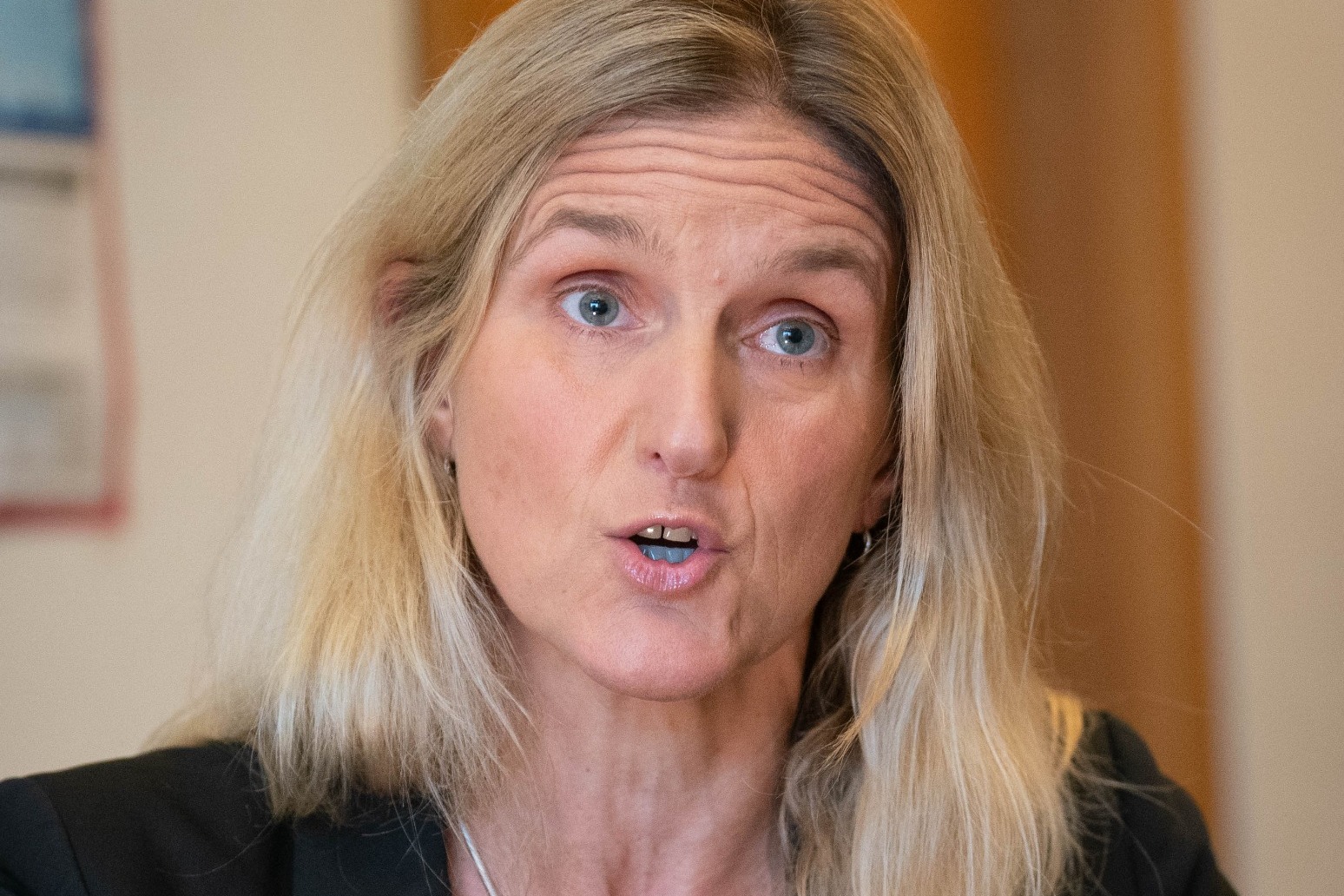This website uses cookies so that we can provide you with the best user experience possible. Cookie information is stored in your browser and performs functions such as recognising you when you return to our website and helping our team to understand which sections of the website you find most interesting and useful.
New law offers safest choice to terminally ill who wish to die says MP
12/11/2024

Terminally ill adults with less than six months to live who have a settled wish to end their lives which has been approved by two doctors and the High Court would be able to do so under a new law claimed to be the “most robust” in the world.
Proposed legislation for England and Wales would offer the “safest choice” for mentally competent adults at the end of their lives and is capable of protecting against coercion, the MP behind the Bill said.
The Terminally Ill Adults (End of Life) Bill was published on Monday night and runs to almost 40 pages, with around 20 pages of explanatory notes.
Critics say the Bill is being “rushed with indecent haste” and that MPs will not have adequate time to scrutinise the legislation before the November 29 debate.
But Labour MP Kim Leadbeater said almost three weeks is “plenty of time to look at the Bill” and is normal within parliamentary timeframes.
She also suggested any new law would not take effect for another two to three years, with “even more consultation to make sure we get it right”.
She acknowledged this would be “heartbreaking” for people and families for whom change could come too late.
Ms Leadbeater said her private member’s bill would make it illegal for someone to persuade a person through dishonesty, coercion or pressure to declare they wanted to end their life or to induce someone to self-administer drugs to die.
Anyone found guilty of doing so would face a maximum prison sentence of 14 years.
The legislation requires two independent doctors to be satisfied that the person is eligible and a High Court judge would need to approve the request.
In an interview with the PA news agency, Ms Leadbeater said hers is the only Bill in the world with “three layers of scrutiny” in the form of sign-off by two doctors and a judge.
She said: “Throughout the process there are layers and layers of safeguards and protections which I believe will probably make it the most robust piece of legislation in the world.”
It is thought the shortest timeframe for the process from first making a declaration to ending a life would be around a month.
Terminally ill people who have been resident in England and Wales for at least 12 months would have to take the prescribed medication themselves.
Health Secretary Wes Streeting has already said he intends to vote against the Bill, voicing his fears about coercion and people feeling a “duty to die”, while the Archbishop of Canterbury Justin Welby has warned of legalisation leading to a “slippery slope” in terms of who is eligible.
High-profile supporters of a change in the law include Dame Esther Rantzen, who is terminally ill and revealed in December that she had joined Dignitas due to the current law.
The broadcaster has hailed the “wonderful” Bill, but acknowledged it would likely come into effect too late for her, and recognised its narrow criteria will not help people enduring unbearable pain and distress through chronic illness.
Ms Leadbeater said she has “consulted widely” on the Bill, speaking with medical and legal experts, those in the palliative care and hospice sectors, disability rights activists, faith leaders and “many, many people with their own personal experience of why the current law is not fit for purpose”.
She said she had a responsibility to put before MPs “the best possible legislation and I believe I have done that”.
She added: “It has been nearly a decade since the Commons last voted on the issue and it could easily be as long before they get another opportunity, so I was determined to get this right.”
She said she is “ready and willing to answer any questions they may have, because I don’t underestimate the seriousness of the issue”.
Rejecting the “slippery slope” argument around any widening of the legislation, she said: “I feel very confident that once this law is passed, that is where it will be and that is where it will stay.”
She added: “I believe it is our duty as parliamentarians to give these proposals careful scrutiny and I hope MPs will agree with me that we can offer the safest choice to those who want it at the end of their lives, while at the same time working to make our already excellent palliative care provision even better and protecting the rights of people with disabilities, mental illness and other challenges to have all the support and care they need throughout their lives.”
Right To Life UK branded the proposed legislation “a disaster in waiting”, and described the proposed measures as a “a monumental change to our laws”.
Campaign group Our Duty of Care, representing doctors and nurses, has sent a letter to the Prime Minister arguing it is “impossible for any government to draft assisted suicide laws which include protection from coercion and future expansion”.
Published: by Radio NewsHub



